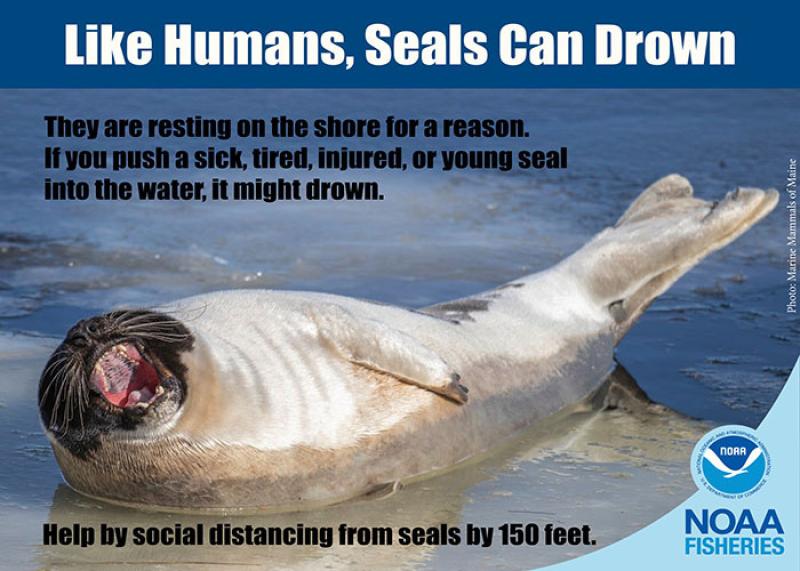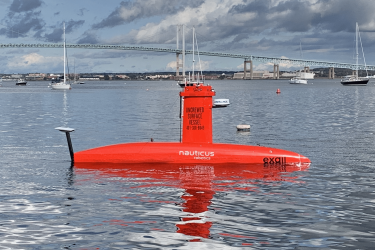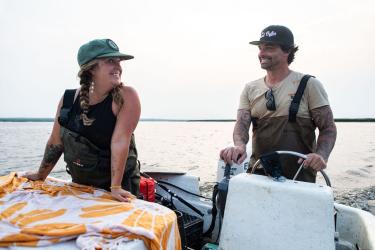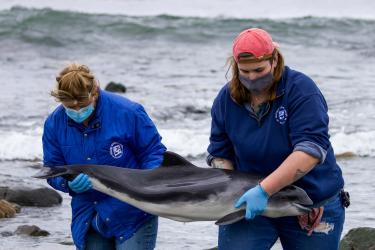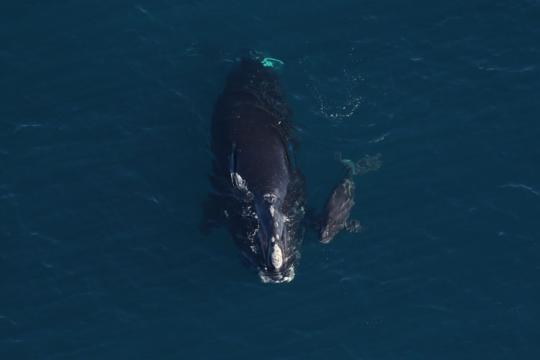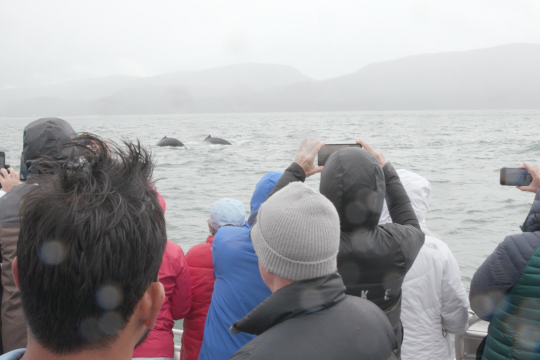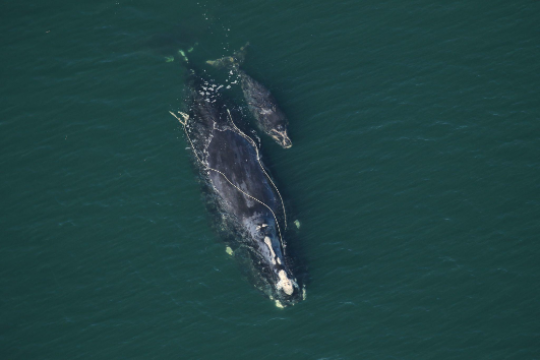Sharing Space at a Distance
Social distancing has slowed the pace of society and encouraged more people to get outdoors. With springtime weather, there have been optimal opportunities throughout the Northeast for people to enjoy and explore local coastal habitats.
At the same time that increasing numbers of people are heading outdoors, many species of seals, dolphins, and whales are also using these areas. We need to share the shore and coastal habitat with these animals, while also respecting their need for social distance from us.
What We Are Seeing
Unfortunately, some people don't seem to know that these animals need space. In a few cases, well-meaning people may have inadvertently caused the death of these animals.
Tragic Results
On March 25, on Fire Island, New York, beachgoers dragged an adult harp seal that was resting on a beach back into the water. Captured on film, the seal appeared weak and in poor health. Being dragged into the water further compromised its chances of survival and likely contributed to additional suffering—and ultimately, its death.
Again in New York, another healthy, resting adult harp seal was dragged into the water by beach goers using towing straps. The seal has not been seen again.
While these individuals may have had good intentions, their actions worsened the situation resulting in a tragic ending. It is illegal to harass marine mammals—that includes feeding, petting, or other activities that are likely to cause distress or harm to the animals. Only experts who have legal permits should handle and attend to their health needs.
Impacts on Stranding Response
In a typical situation, if an animal is reported stranded or injured, trained personnel from authorized stranding response organizations assess its condition. They determine if medical intervention is available and required. However, many of our stranding partners are working under restricted operations. Responding to crowded beaches where stranded animals may occur puts everyone at elevated risk.
As more people are taking to the outdoors and we approach harbor seal pupping season, we are asking the public to help us avoid further tragedy. Respect the social distance that is required by these sensitive animals. Help our stranding responders stay safe by not endangering, touching, or closely approaching potentially healthy animals.
